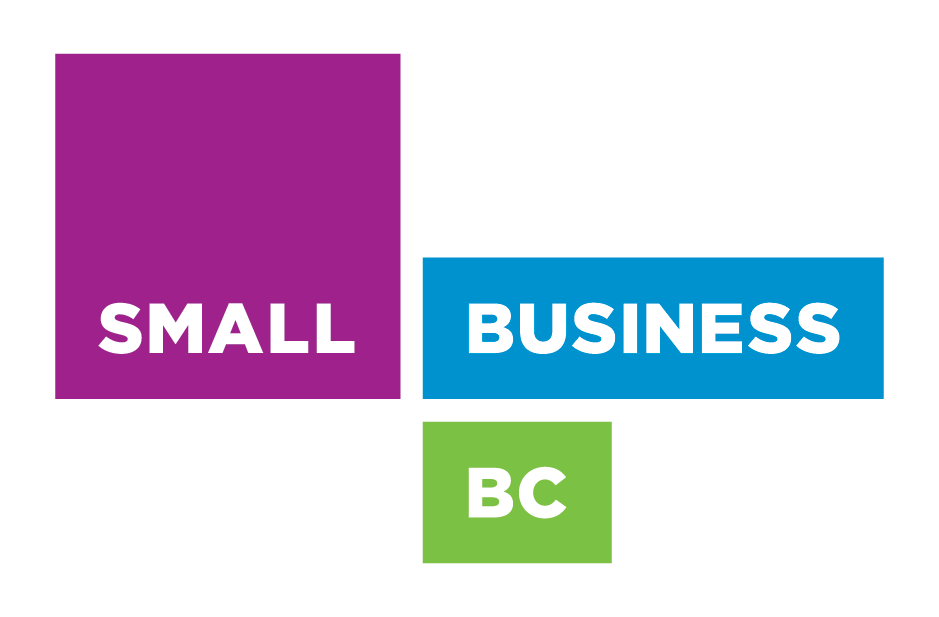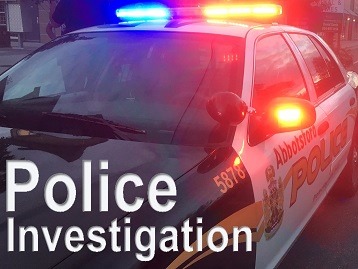Victoria – It seems to work in Portugal and a few other countries. Maybe it’s not such a bad idea. Similar programs are in Thailand, The Czech Republic and Thailand.
Dr. Bonnie Henry, B.C.’s provincial health officer (PHO), has released her report entitled Stopping the Harm: Decriminalization of People Who Use Drugs in BC, as part of an effort to mitigate the provincial overdose crisis.
The report provides evidence and information on how the decriminalization of people who possess illegal drugs for personal use could help turn the tide on the overdose crisis, which was declared a public health emergency three years ago. The PHO urges the provincial government to consider decriminalization of people who use drugs, which means possession of illegal drugs for personal use would not lead to criminal justice penalties like incarceration or a criminal record.
“Experts, including people with lived experience, agree that our existing drug laws are further stigmatizing people living with addiction, a chronic, relapsing health condition,” said Henry. “The decriminalization of people who are in possession of drugs for personal use is the next logical and responsible step we must take to keep people alive and connect them to the health and social supports they need.”
The report outlines how stigma leads many people who use drugs to hide their usage and creates barriers to using harm reduction and treatment services. Prohibition-based drug policies and strategies are significant contributors to the deep-rooted shame and blame associated with illegal drug use.
Evidence shows that criminalizing people who use drugs does more harm than good. Decriminalization is a way for law enforcement to help people living with addiction connect to the supports they need.
“We are scaling up evidence-based treatment and recovery services like opioid agonist treatment, harm reduction measures and the provision of a safer drug supply,” Henry said. “But we need to do more. We need to decriminalize people in possession of controlled substances for personal use so that we can protect them from the highly-toxic street drug supply and curtail the mounting number of preventable overdose deaths in B.C.”
Chief Mike Serr, Abbotsford Police Department –
“Supporting people who use illicit street drugs is best addressed through a comprehensive public health strategy and not through the criminal justice system. We will continue to target those who import, produce and distribute illicit street drugs; however, arresting for personal possession will not decrease the demand for street drugs. We need to increase treatment, prevention and education strategies to effect real change. That’s why the Abbotsford Police Department is working with community partners to help people find the services they need to treat their addiction and the underlying factors that contribute.”
Dr. Keith Ahamad, medical director, Regional Addiction Medicine Program, Vancouver Coastal Health; clinician scientist, BC Centre on Substance Use –
“I witness every day the consequences of criminalizing people who use drugs. It fosters mistrust with the health system, discouraging people who need and want care from seeking it. Further, it creates an atmosphere of stigma towards this patient population who are regularly turned away by health-care providers who don’t understand that addiction is a health issue, not a criminal justice one. Decriminalizing people who use drugs represents a critical step in ending this public health emergency.”













